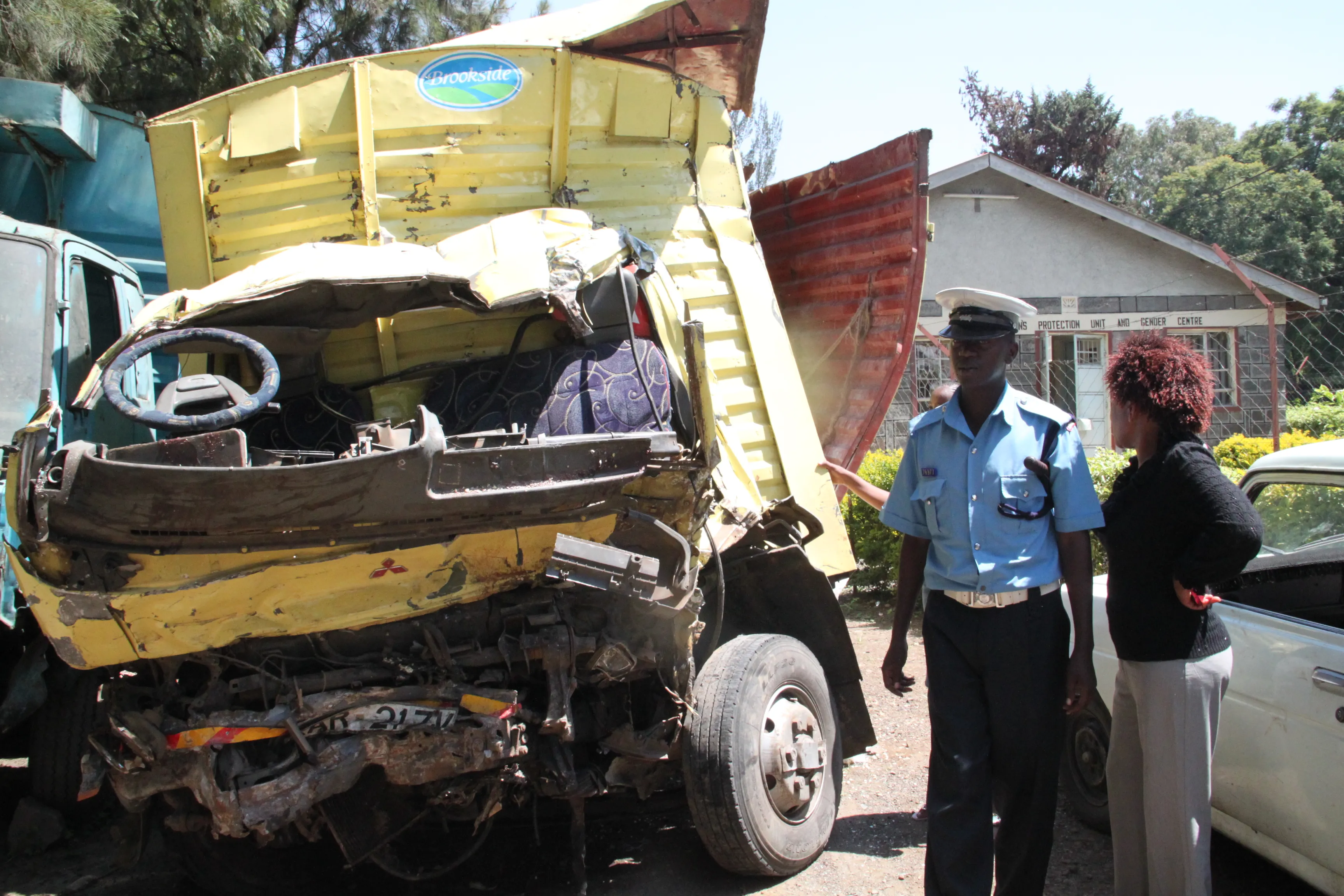Swiss headuartered power and automation technology group, ABB, has won a tender to build a network of 200 electric vehicle (EV) fast-charging stations throughout Estonia. The order, from the Estonian government, is Europe’s largest EV charging infrastructure contract to date and creates what is being claimed is the world’s first fast-charging infrastructure with full nationwide coverage.
March 21, 2012
Read time: 2 mins
Swiss headuartered power and automation technology group, 4010 ABB, has won a tender to build a network of 200 electric vehicle (EV) fast-charging stations throughout Estonia. The order, from the Estonian government, is Europe’s largest EV charging infrastructure contract to date and creates what is being claimed is the world’s first fast-charging infrastructure with full nationwide coverage.
“The Estonian government would like to ensure that driving an EV in Estonia is as comfortable and safe as driving any other car,” said Jarmo Tuisk, director of the Innovation and Technology Division at the Ministry of Economic Affairs and Communications.
The Estonian government aims to provide fast charging in all urbanised areas with more than 5,000 inhabitants. On main roads the aim is to install a fast charger every 50 kilometres, creating the highest concentration of DC chargers in Europe, by far. The investments in electric mobility are financed by the Green Investment Scheme funded by the export credit agency KredEx as part of the national government’s plan to reduce carbon dioxide emissions.
Earlier in the year, the Estonian government started providing 5073055 Mitsubishi i-MiEV electric cars to social workers around the country. In September, ABB already won the order to install AC chargers at municipality offices. In addition, Estonia offers subsidies of up to 50 per cent for private EV purchases.
ABB plans to have all Terra systems direct current (DC) chargers running by the end of this year. As part of the five-year contract, the company will also deliver network operating support services for the chargers in the field and the backbone IT architecture. ABB won the order together with its partners G4S and NOW! Innovations, which provide first-line customer support and payment solutions, respectively.
"This order shows that the rollout of EV charging infrastructure solutions is gaining momentum, and complements the recent run of small orders we’ve taken in other European countries from OEMs in the automotive industry and infrastructure customers,” said Ulrich Spiesshofer, head of ABB’s Discrete Automation and Motion division.
“The Estonian government would like to ensure that driving an EV in Estonia is as comfortable and safe as driving any other car,” said Jarmo Tuisk, director of the Innovation and Technology Division at the Ministry of Economic Affairs and Communications.
The Estonian government aims to provide fast charging in all urbanised areas with more than 5,000 inhabitants. On main roads the aim is to install a fast charger every 50 kilometres, creating the highest concentration of DC chargers in Europe, by far. The investments in electric mobility are financed by the Green Investment Scheme funded by the export credit agency KredEx as part of the national government’s plan to reduce carbon dioxide emissions.
Earlier in the year, the Estonian government started providing 507
ABB plans to have all Terra systems direct current (DC) chargers running by the end of this year. As part of the five-year contract, the company will also deliver network operating support services for the chargers in the field and the backbone IT architecture. ABB won the order together with its partners G4S and NOW! Innovations, which provide first-line customer support and payment solutions, respectively.
"This order shows that the rollout of EV charging infrastructure solutions is gaining momentum, and complements the recent run of small orders we’ve taken in other European countries from OEMs in the automotive industry and infrastructure customers,” said Ulrich Spiesshofer, head of ABB’s Discrete Automation and Motion division.







